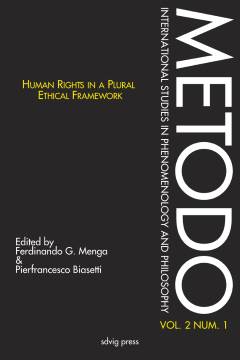Repository | Journal | Volume | Articles

(2014) Metodo 2 (1).
In this article it is argued that human rights require justification. It regards their universality, their high priority, their legal character. Human rights deal with normative considerations involving a guarantee of a status, a prohibition to discriminate persons and/or to humiliate them. They are a type of social practice requiring implemetation and concretization. There are interests, needs common to every human being, goods (including the conditions of agency) the frustation of which is antithetical to the decent life of human beings. Human rights are indeterminate. Therefore they range from abstract to specific. It is only in all their application that human rights become concrete. Application involves interpretation. From this point of view the role of adjudication is fundamental. It connects the universality of human rights provisions and the particularity of individual cases. Adjudication implies a contextually embedded and situationally sensitive judgment of particulars.
Publication details
Full citation:
Pastore, B. (2014). La concretezza dei diritti umani. Metodo 2 (1), pp. 59-71.
This text is available for download in the following format(s)
This document is available at an external location. Please follow the link below. Hold the CTRL button to open the link in a new window.



